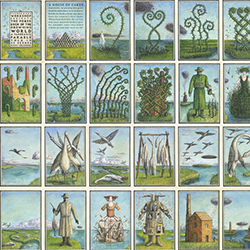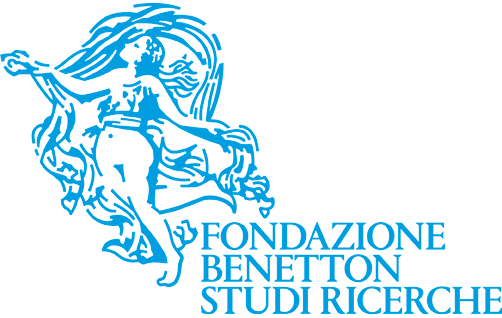
The wine cultural landscape of the Anthropocene
The Prosecco Hills of Conegliano and Valdobbiadene as a possible laboratory within the Unesco policies framework
Alessandro Raffa
Landscape scholarships – fifth edition, 2019/2020
subject area: Landscape project
tutors: Simonetta Zanon, head of Landscape projects area; Luigi Latini, chairman of the Scientific Committee of Fondazione Benetton; Massimo Rossi, head of Map Library
The research aims to raise questions and open reflections on wine cultural landscapes within the current debate on climate change and heritage, with the hope that the urgent challenges posed by the great acceleration can be interpreted as opportunities – according to the recent strategic directions of ‘Unesco and its advisory bodies- to guide future scenarios of sustainable development in the World Heritage Site of the Prosecco Hills of Conegliano and Valdobbiadene. Among the Unesco wine cultural landscapes, that of the Prosecco Hills is, at the moment, the only one to deepen, in its management plan, the effects induced by climate change. The envisioned adaptation strategies have been contextualized inside the Unesco policies framework and the ongoing debate on the concept of ‘climate heritage’, in order to shape a more cultural view over climate change and to point out opportunities that could derive from resilient adaptation strategies. Starting from a critical interpretation of the envisioned adaptation strategies, contextualized with respect to the strategic lines of Unesco and the ongoing debate on the ‘climate heritage’, questions have been investigated that could inform a more complex and aware vision, which knows how to seize the derived opportunities by a resilient adaptation. The landscape of the Prosecco Hills is envisioned as a possible laboratory in which to experiment forms of resilient adaptation to the effects of climate change, through an ecological approach, combining the management of natural and cultural resources, global and local dimensions, institutions and groups of citizens.
Alessandro Raffa, architect, PhD with honors in Architectural, Urban and Interior Design (2017) from Politecnico di Milano; since 2018, he is Adjunct Professor at School of Architecture, Urban Planning and Construction Engineering/ Politecnico di Milano. In 2013, he obtained the post-graduate course in Architecture and Museum Design for Archeology – Innovative Design and Management of Archaeological Heritage from Accademia Adrianea where he currently teaches both at the post-graduate course and in the international workshop Piranesi Prix de Rome. Since 2015, he has been a member of the Association of Architects PPC of Monza and Brianza where he is a member of the Cultural Heritage and Landscape Commission. He participates in national and international design competitions, earning various awards, as well as in international conferences and seminars. His research looks at cultural resources inside unstable contexts, mainly Mediterranean, through an ecological perspective.
